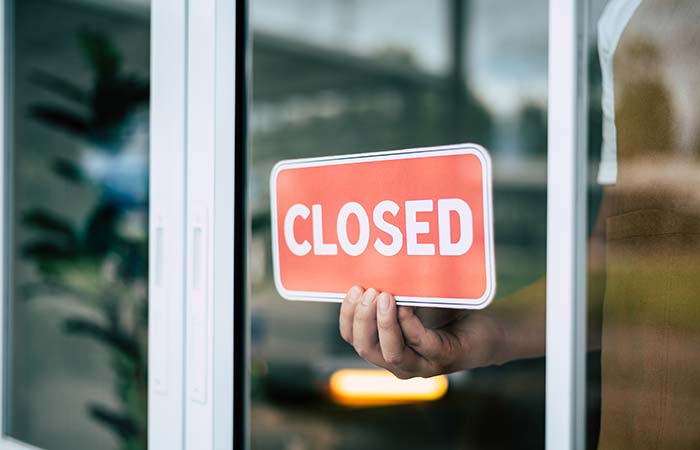Pharmacy branches the fastest disappearing high street businesses
In Business news
Follow this topic
Bookmark
Record learning outcomes
Stores belonging to pharmacy multiples are the fastest disappearing high street businesses, according to a new analysis by PwC.
The financial services company said pharmacies, pubs and banks had accounted for 50 per cent of all UK high street closures by chains and multiples in the first six months of this year, with the net loss of 481 pharmacy closures making it the hardest hit sector.
This represented an increase in the rate of closures compared to the first half of 2023, when there was a net loss of 371 pharmacy branches. The PwC analysis looked at ‘chain outlets’ of five or more branches.
Key factors cited by PwC included the LloydsPharmacy liquidation and Boots UK’s decision to close hundreds of smaller high street stores “in favour of fewer, larger destination stores,” although it added that independent contractors are “taking up some of these vacated sites”.
As autumn approaches, “operators will need to navigate continued pressures” as amid high business costs and likely energy price inflation, said PwC.
Across the board, the rise of online retail continues to hurt footfall for high street merchants, with PwC commenting that store closures “almost exactly mirror” the rise of online sales.
PwC’s Lisa Hooker said: “It’s clear that online retail is here to stay, outpacing physical stores annually.
“The high street will need to continue to evolve for a tech-savvy generation with new living, working and playing habits.”
A total of 6,495 shops belonging to larger chains were shuttered in the first six months of this year, or 38 per day. When new openings are accounted for, there has been a net closure of 11-12 outlets per day over the last three years.
The fastest growing outlets were small convenience stores, followed by coffee shops and ‘value retailers’.
The loss of amenities like pharmacies could mean there is “even less of a reason for shoppers to visit the hardest hit high streets,” it said as it warned of a potential “vicious cycle of decline” unless landlords and local government intervene.
Leyla Hannbeck, chief executive of the Independent Pharmacies Association, said “years of funding” was forcing pharmacies to close “despite the public rating their pharmacies as the most essential service in their local area”.

